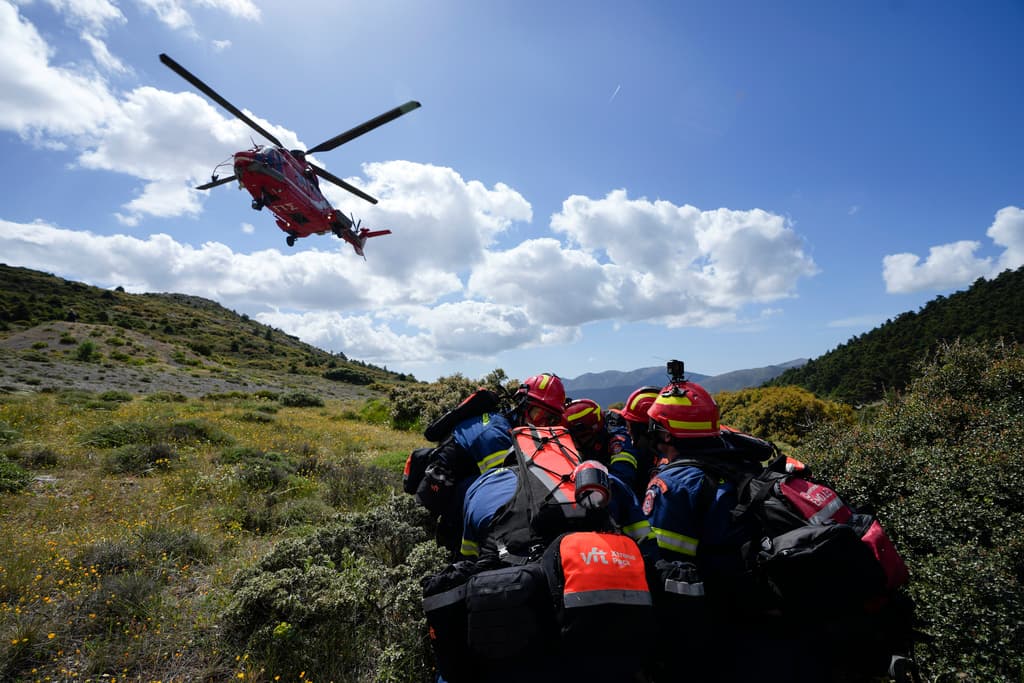When the wildfires raged in the Mediterranean countries last summer, Greece was particularly vulnerable. At the same time, criticism has been pouring in from the Greek opposition about the country not being prepared for the inferno.
This year, the country is betting on the fire brigade – and is facing another warm summer.
The smoke from the fires hung thick over the Greek national park of Dadia at the end of August last year. It was the largest fire ever recorded in the EU, and nearly half of the Union's firefighting aircraft and helicopters were deployed.
Difficult-to-extinguish fires also raged in other parts of Greece. Among other things, the islands of Rhodes and Corfu were massively evacuated. In the aftermath, the opposition accused the government of not being prepared. In its defence, Prime Minister Kyriakos Mitsotakis argued that the extensive fires were a consequence of climate change and a prolonged heatwave.
Fires also raged in other Mediterranean countries such as Spain, Portugal, and Italy. Since then, the EU has deployed 556 firefighters from 12 countries to strategic locations in all affected Mediterranean countries. Several aircraft and helicopters have also been stationed in ten member states.
Billion-euro programme launched
Following last year's wildfires, Greece has invested 2.1 billion euros to review disaster preparedness, mainly financed by the EU. The funds will go towards fire engines, water bombers, and a sensor network controlled by AI that can detect smoke early, although it will not be in place until 2025.
However, ahead of the summer, the number of specialised firefighters has doubled to around 1,300. Among them are experts in forest and firefighting who have been trained in France, Spain, and the USA.
Using water is no longer our primary weapon against fires, but our tools, says firefighter Dimitris "Jim" Priftis to AP during an exercise. He believes that they now have a more scientific approach, where they measure wind speed and humidity.
Winter temperature record
The past winter has been the warmest on record in Greece, with an average temperature of 11.8 degrees, according to the country's leading research institute. Already during the spring, a dozen fires have been extinguished when temperatures reached over 30 degrees.
Climate and Civil Protection Minister Vassilis Kikilias tells AP that the authorities expect climate conditions to worsen annually.
It's going to be a very difficult fire season, a very difficult summer, he says.
The Republic of Greece, with its 10.5 million inhabitants, has the longest coastline in Europe – approximately 1,500 miles. Nearly a fifth of the country's land area consists of around 2,000 islands.
Nearly half of the mountainous country consists of grass and bushland, while a fifth is covered by forest. The majority of the country has a Mediterranean climate with hot, dry summers and mild, humid winters.
Earthquakes are relatively common.
Source: Country Guide






